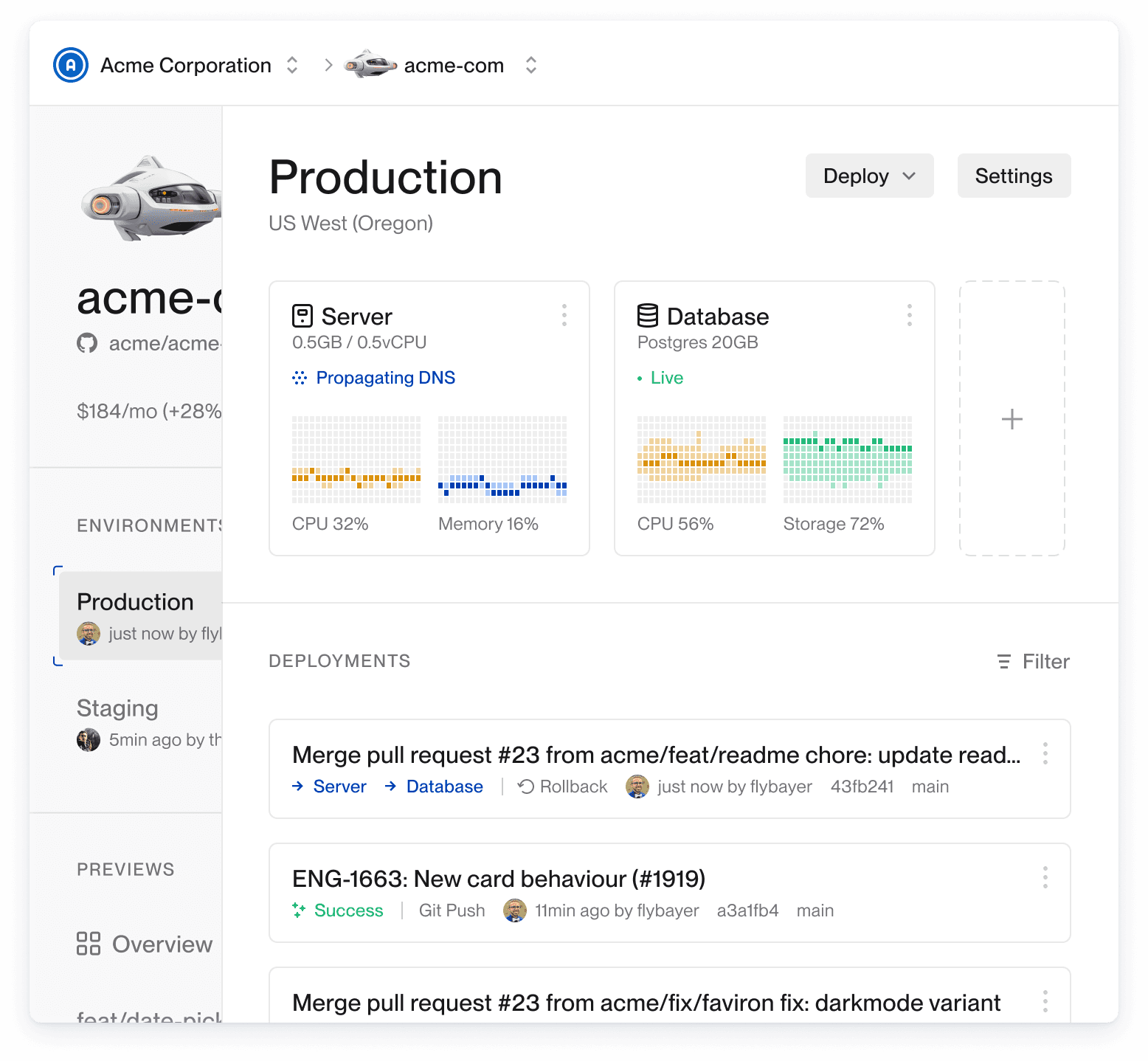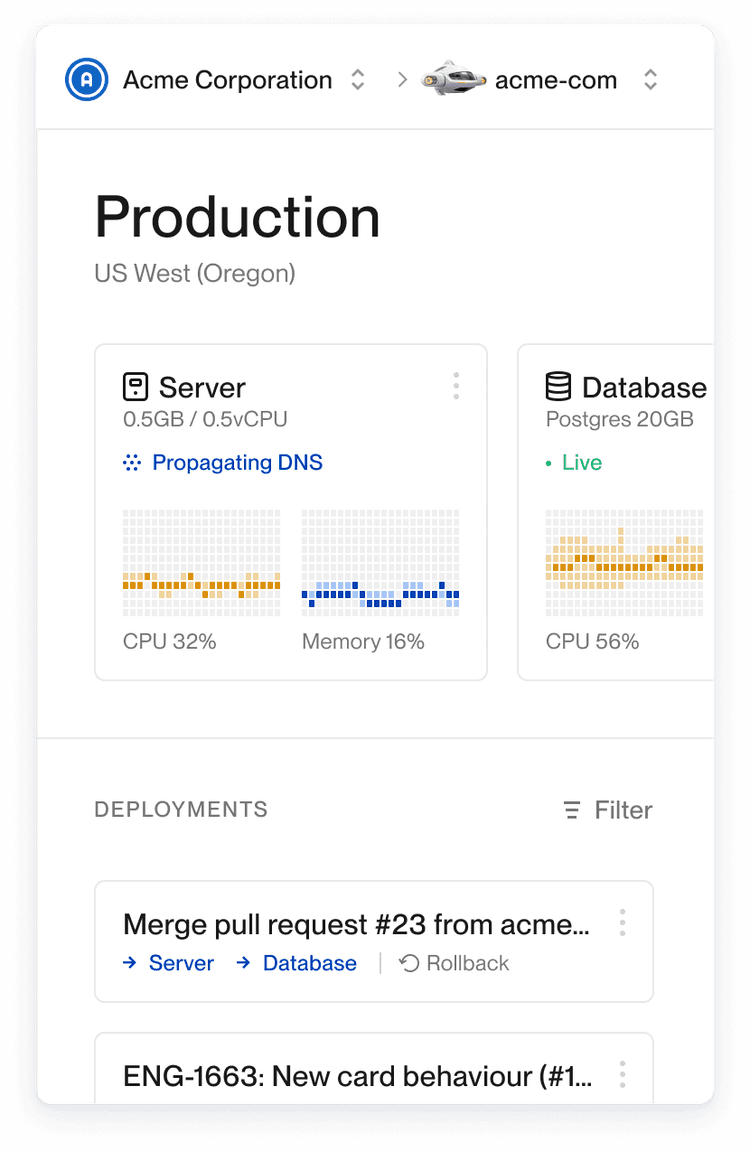Fix Next.js routing to have full type-safety
Broken links, incorrectly formatted query strings, and missing route parameters are all easily solvable with a type system like Typescript.
Sadly, most modern routing solutions, including Next.js, don’t include this, leaving us sad and alone on a cold, dark night.
Next.js has limited built-in type safety
Next.js has an opt-in experimental feature for statically typed links. To enable this, turn on experimental.typedRoutes in your next.config.js like so:
/** @type {import('next').NextConfig} */
const nextConfig = {
experimental: {
typedRoutes: true,
},
}
module.exports = nextConfigNow Next.js will generate link definitions in .next/types that will override the default type of the hrefprop on the <Link /> component.
import Link from 'next/link' // No TypeScript errors if href is a valid route <Link href="/about" /> // TypeScript error <Link href="/aboot" />
This is a good start, but it has many limitations:
no type validation of route or query string parameters
no runtime validation of route or query string parameters
no autocomplete for dynamic routes — very cumbersome in a large application with many dynamic routes
no type validation at all when passing href as an object like
<Link href={{href: '/about', query: {ref: 'hello'}}} />(but I don’t think this even works anymore in app router)no type or runtime validation for
useParams()anduseSearchParamsit couples the page reference to the route string — if you restructure your routes, you must also change all the links
Ideal type-safe routing for Next.js
A fully featured type-safe routing system should support the following:
static type validation of routes
static type validation of route parameters
static type validation of query string parameters
runtime validation of route parameters
runtime validation of query string parameters
decouple route names from the route urls (this makes it easy to restructure urls without having to update links everywhere)
type safe
useParams()anduseSearchParams()easily re-use route parameter types for Page props
To achieve both type and runtime validation, we’ll use the excellent Zod library.
Dynamic routes
We want a route definition interface that looks like this:
//routes.ts
import {z} from 'zod'
export const OrgParams = z.object({orgId: z.string()})
export const Routes = {
home: makeRoute(({orgId}) => `/org/${orgId}`, OrgParams)
}And that can be used like this:
import Link from 'next/link'
import {Routes} from '../../routes.ts'
<Link href={Routes.home({orgId: 'g4eion3e3'})} />Static routes
That same interface will work for static routes:
//routes.ts
import {z} from 'zod'
export const Routes = {
about: makeRoute(() => `/about`, z.object({}) /* no params */)
}That can be used like this:
import Link from 'next/link'
import {Routes} from '../../routes.ts'
<Link href={Routes.about()} />Query parameters
And that can be extended for query parameters like so:
//routes.ts
import {z} from 'zod'
export const SignupSearchParams = z.object({
invitationId: z.string().optional().nullable(),
})
export const Routes = {
signup: makeRoute(() => "/signup", z.object({}), SignupSearchParams),
}And that can be used like this:
import Link from 'next/link'
import {Routes} from '../../routes.ts'
<Link href={Routes.signup({}, {search: {invitationId: '8haf3dx'}})} />useParams()
You can read the route parameters from the Routes object too. Fully type-safe and runtime-validated.
import {Routes} from '../../routes.ts'
// type = {orgId: string}
const params = Routes.home.useParams()useSearchParams()
You can even read the query parameters from Routes. Fully type-safe and runtime-validated.
import {Routes} from '../../routes.ts'
// type = {invitationId: string}
const searchParams = Routes.signup.useSearchParams()Page prop types
Routes also provides the page prop types:
import {Routes} from '../../routes.ts'
type HomePageProps = {
params: typeof Routes.home.params
}
export default async function HomePage({
params: {organizationId},
}: HomePageProps) {
// render stuff
}Page prop runtime validation
And Routes let's you validate the page props
import {Routes} from '../../routes.ts'
type HomePageProps = {
params: typeof Routes.home.params
}
export default async function HomePage({params}: HomePageProps) {
const safeParams = Routes.home.parse(params)
// render stuff
}The makeRoute() utility
Here’s the only utility code you need to accomplish the above.
npm install zod query-string
import {z} from 'zod'
import {useParams as useNextParams, useSearchParams as useNextSearchParams} from "next/navigation"
import queryString from "query-string"
export const OrgParams = z.object({orgId: z.string()})
export const Routes = {
home: makeRoute(({orgId}) => `/org/${orgId}`, OrgParams)
}
type RouteBuilder<Params extends z.ZodSchema, Search extends z.ZodSchema> = {
(p?: z.input<Params>, options?: {search?: z.input<Search>}): string
parse: (input: z.input<Params>) => z.output<Params>
useParams: () => z.output<Params>
useSearchParams: () => z.output<Search>
params: z.output<Params>
}
const empty: z.ZodSchema = z.object({})
function makeRoute<Params extends z.ZodSchema, Search extends z.ZodSchema>(
fn: (p: z.input<Params>) => string,
paramsSchema: Params = empty as Params,
search: Search = empty as Search,
): RouteBuilder<Params, Search> {
const routeBuilder: RouteBuilder<Params, Search> = (params, options) => {
const baseUrl = fn(params)
const searchString = options?.search && queryString.stringify(options.search)
return [baseUrl, searchString ? `?${searchString}` : ""].join("")
}
routeBuilder.parse = function parse(args: z.input<Params>): z.output<Params> {
const res = paramsSchema.safeParse(args)
if (!res.success) {
const routeName =
Object.entries(Routes).find(([, route]) => (route as unknown) === routeBuilder)?.[0] ||
"(unknown route)"
throw new Error(`Invalid route params for route ${routeName}: ${res.error.message}`)
}
return res.data
}
routeBuilder.useParams = function useParams(): z.output<Params> {
const res = paramsSchema.safeParse(useNextParams())
if (!res.success) {
const routeName =
Object.entries(Routes).find(([, route]) => (route as unknown) === routeBuilder)?.[0] ||
"(unknown route)"
throw new Error(`Invalid route params for route ${routeName}: ${res.error.message}`)
}
return res.data
}
routeBuilder.useSearchParams = function useSearchParams(): z.output<Search> {
const res = search.safeParse(convertURLSearchParamsToObject(useNextSearchParams()))
if (!res.success) {
const routeName =
Object.entries(Routes).find(([, route]) => (route as unknown) === routeBuilder)?.[0] ||
"(unknown route)"
throw new Error(`Invalid search params for route ${routeName}: ${res.error.message}`)
}
return res.data
}
// set the type
routeBuilder.params = undefined as z.output<Params>
// set the runtime getter
Object.defineProperty(routeBuilder, "params", {
get() {
throw new Error(
"Routes.[route].params is only for type usage, not runtime. Use it like `typeof Routes.[routes].params`",
)
},
})
return routeBuilder
}
export function convertURLSearchParamsToObject(
params: ReadonlyURLSearchParams | null,
): Record<string, string | string[]> {
if (!params) {
return {}
}
const obj: Record<string, string | string[]> = {}
for (const [key, value] of params.entries()) {
if (params.getAll(key).length > 1) {
obj[key] = params.getAll(key)
} else {
obj[key] = value
}
}
return obj
}Bonus for number and boolean query strings
Search query parameters are always typed as strings in the browser, so for numbers and booleans you’ll need to use zod's coerce feature like this:
export const LogsSearchParams = z.object({
logsId: z.coerce.number()
fullscreen: z.coerce.boolean().default(false),
})Deploy apps 2-6x faster, 50-75% cheaper & near perfect reliability

